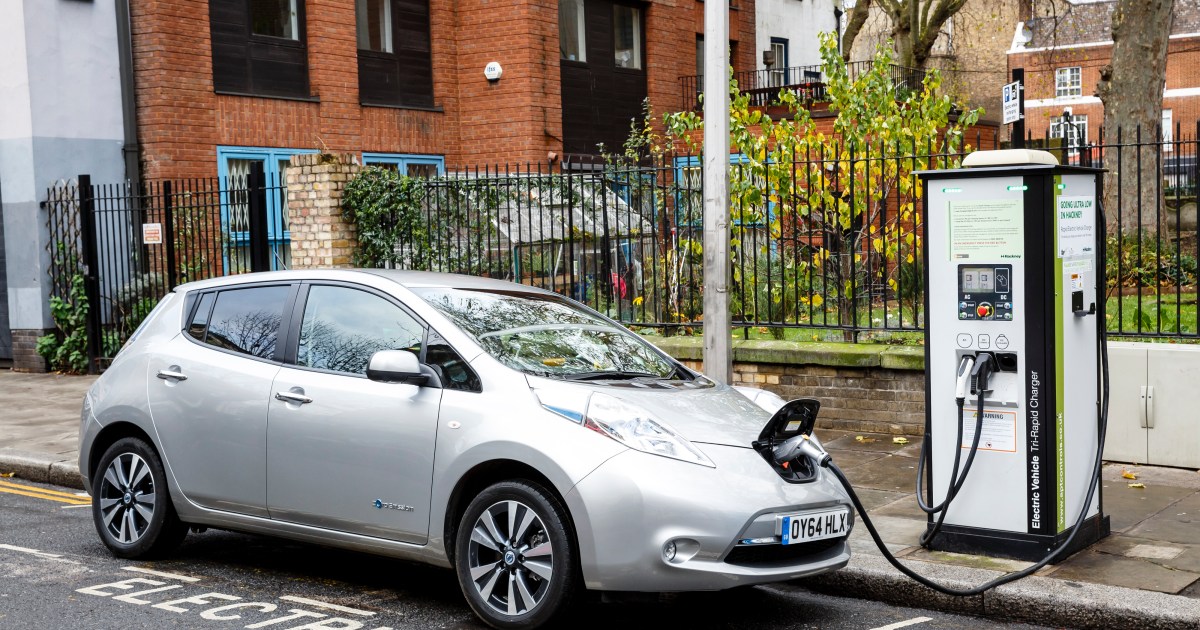Electric cars are much better for the environment than those that run on fuel, but they are not yet widely adopted;
One problem holding this transition back is the fact that electric cars take a long time to charge, but that could soon change.
Increasing charging speeds
A team of researchers affiliated with multiple institutions in China has succeeded in increasing the charging speed of a lithium-ion battery by 5.6 minutes to reach a charge of 60%, according to a report by TechXplore published Thursday.
They achieved this amazing feat by adding a copper coating and nanowires to the battery's anode in order to effectively improve charging.
Most anodes today are made of graphite and are built in a loose slurry which is not a practical way to pass current.
In addition, the way the materials in the anodes are lined up creates a problem with the size of the gap between them.
To get around these problems in accelerating charging, the researchers focused specifically on the anode, and this is what they did:
Make changes to the standard graphite anode
The scientists first ran theoretical models at the particle level to improve the spatial distributions of particles of different sizes and the porosity of the electrodes, then took what they learned from the models to make changes to a standard graphite anode, coated it with copper and then added copper nanowires to the slurry, then heated the anode and then Cooling it, this compresses the slurry into a more orderly substance, TechExplorer reports.
Once their anode was upgraded, the researchers installed it on a standard lithium-ion battery in order to measure how much time it takes to charge.
They were surprised to find that they could charge the battery to 60% in just 5.6 minutes and to 80% in just 11.4 minutes. The researchers avoided testing how long it would take to charge to 100% because doing so could damage these batteries.
The researchers did not specify how much this battery would cost and when it would be ready for production.
However, this is an exciting development in the ubiquitous field of electric vehicle manufacturing.
The study was published in the journal Science Advances.
Fast-charging lithium-ion batteries are desirable to reduce recharge time for electric vehicles, but are limited in effectiveness due to the poor capacity of the graphite anode.
This study has experimented with designing a dual gradient particle size structure and electrode porosity in a graphite anode to realize a very fast charging lithium-ion battery under stringent conditions.

